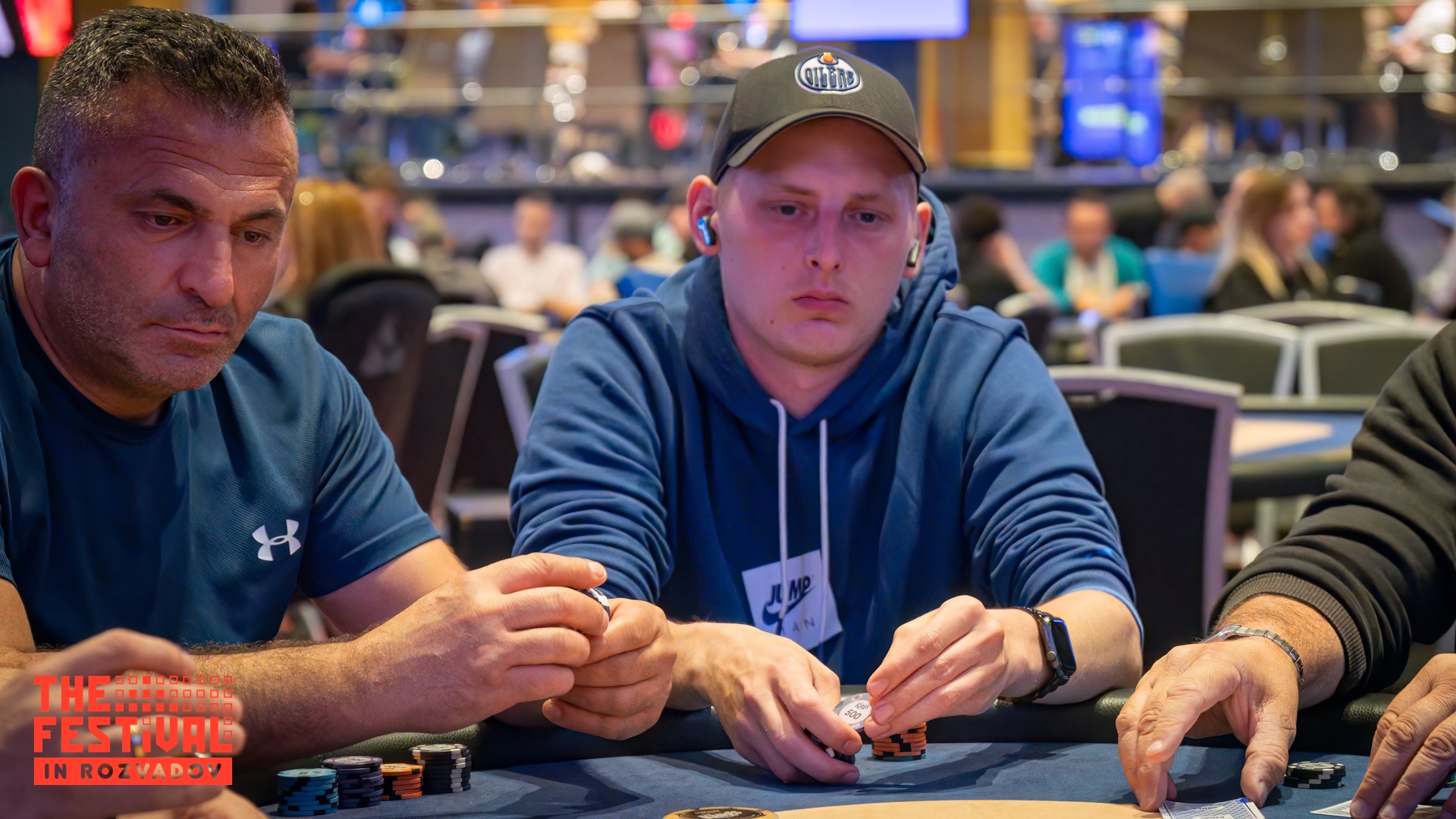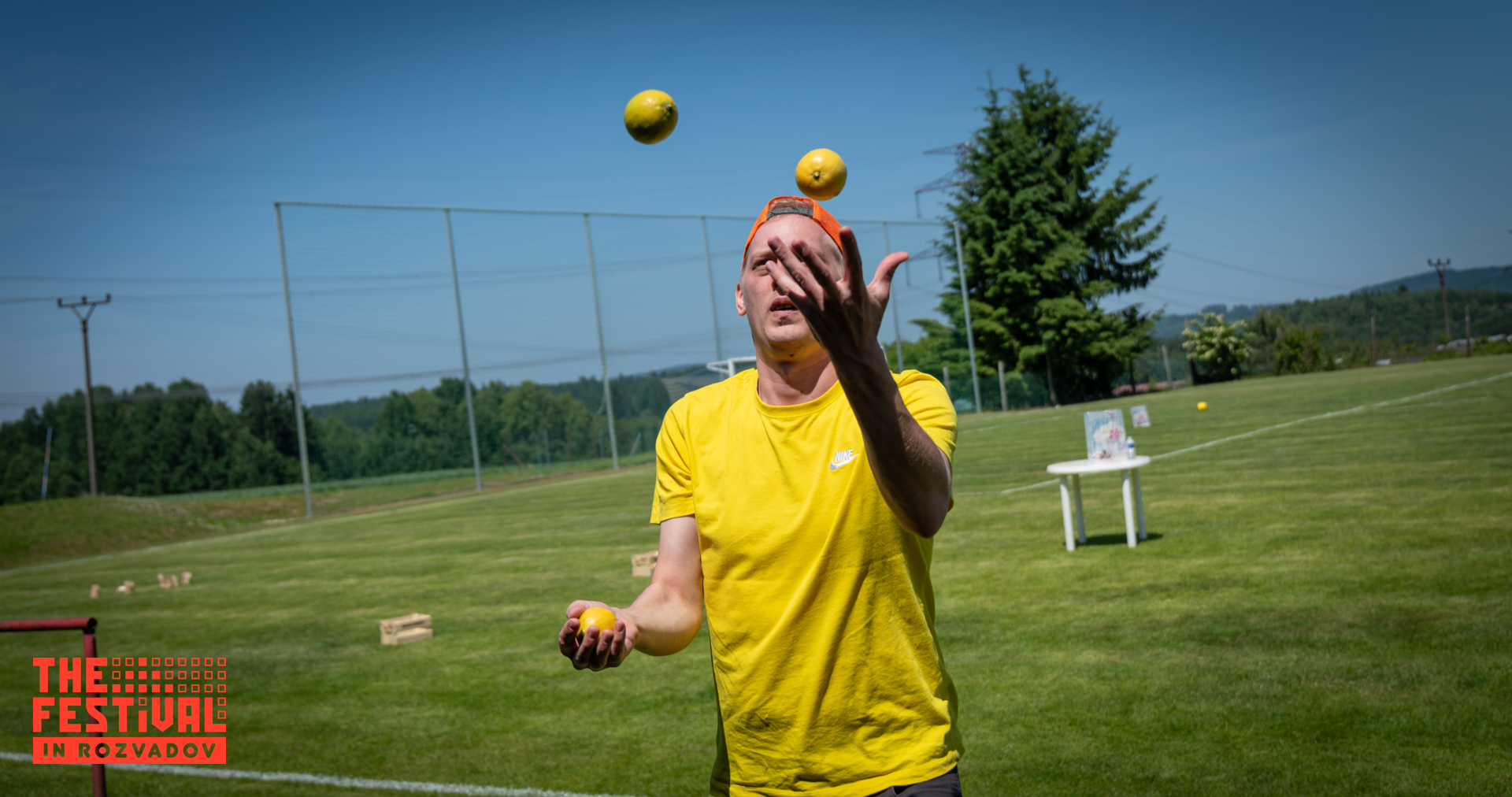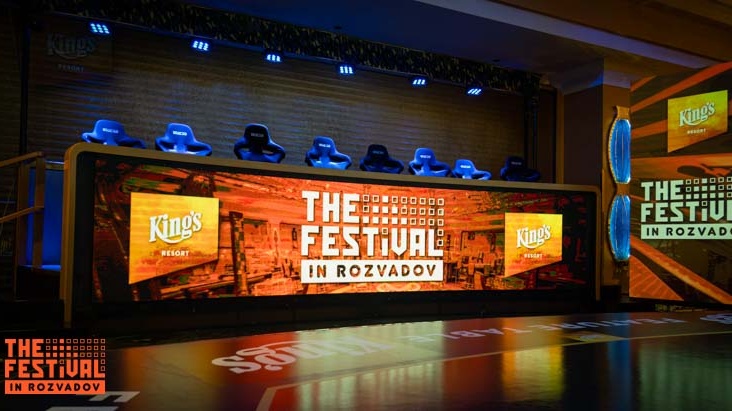In this interview, Novák reveals how a random click marked his return to the poker scene, why bankroll management is non-negotiable for him today, and what it really means to live as a dedicated poker player who still knows how to find joy in the game.
Milo, tell us, how did you end up at The Festival Rozvadov?
Honestly, it was a total accident. I was playing on Fortuna and somehow clicked my way into a 25-cent satellite. I managed to win a package that included a Main Event ticket, hotel accommodation, and hospitality perks.
What did you enjoy most during your time at the event?
Just soaking up the atmosphere. The vibe here is incredible. The last time I was at Rozvadov was back in 2013, and it was a whole different world, just a few tables, no hotel and basically nothing compared to now.
How did poker first come into your life? Do you remember how it all began?
I started playing when I was about sixteen, just messing around with friends in the dorms. None of us knew anything about bankroll management or the real dynamics of the poker world. We played recklessly and hit zero plenty of times. Eventually I started to learn, first through videos, then reading everything I could on forums.
Did you have any notable successes back then?
Yeah, in those days I mostly played cash games and hit a few big wins - sometimes over 100,000 CZK. We played a lot in Prague, especially in the Smíchov neighborhood. It was a fun time, but then I took nearly a decade off from poker.
Why did you quit? Was there a specific reason?
To be honest, I just burned out. I needed a break. Years later a friend messaged me out of the blue and asked if I still played. That’s when I realized how much I missed it. So I thought, "Alright, let’s fire up PokerStars."

What changed for you after that break?
I gained perspective and started treating poker with a lot more humility. I even had to go to the post office to file paperwork, because in the Czech Republic, you have to officially declare yourself as a gambler to play again. The week I submitted the paperwork, PokerStars announced they were leaving the Czech market, so I switched to Fortuna. My first tournament there was a 25-euro Friday BountyKing which ended up with first place and took home 95,000 CZK. From then on, I was back in the game.
Where do you like playing poker in the Czech Republic?
I usually go to the Babylon Casino in Liberec. The tournaments there don’t have massive guarantees, but it’s just a half-hour from home. The Prague scene has mostly dried up, most of the casinos have closed.
Is there a particular moment that changed your approach to poker or your outlook on the game?
I was deep in debt, and my parents had no idea. I had my last $10 on PokerStars and registered for a tournament with 27,000 entrants. After 14 hours, I won the whole thing and took home $25,000 for first place. That was my wake-up call, I told myself I’d never go into debt again. When I was 18 or 19, my biggest problem was not understanding bankroll management. So I always wound up back at zero.
How do you handle bankroll management now?
I keep at least 100 buy-ins in my roll. If I drop below that, I step down in stakes. A lot of players ignore this and end up starting over from scratch. I buy in directly to most tournaments up to 20€, and only play higher stakes if I win a seat through qualifiers. In the long run, it keeps me playing smart.
What does a typical poker weekend look like for you?
Friday is for qualifiers, another one on Saturday, and then a standard session on Sunday. Sometimes I’ll grind for 15 hours straight. At The Festival Main Event, I busted three spots before the money, that one stung, I barely slept that night.

What do you do when things just aren’t going your way?
I take a break and clear my head. You need a fresh mindset to play your best. If life gets hectic, poker needs to take a back seat until things settle down. I’ve taken three-week breaks when I needed to. And I never play on tilt anymore. One great tool is Fortuna’s option to lock your account for 48 hours. I’ve had to use it a few times when I knew I wasn’t in the right headspace. I step away, recharge, and only come back when I’m ready.
What’s the most appealing part of poker for you?
Gambling has always been in my blood. At boarding school we played card games like Prší, and I even played chess competitively. I love the strategy, decision-making, and the mental chess match. I was always into classic strategy games such as Age of Empires, for example. At live tournaments, you can study players, read their behavior, and work with statistics. That part really draws me in.
Are you still working on improving your game?
Absolutely. Every Sunday I watch streams from Czech players like Prasátko, David, Sprachy, and I read articles on SpadePoker and PokerTime. I’m constantly learning from live streams of major tournaments, especially the WSOP.
How do you approach your chances at big-field tournaments?
You have to be realistic. Qualifying for a big event for next to nothing is great, but your odds of winning are slim with thousands of players in the field. You have a much better shot at making a score in smaller tournaments. If you hit big, that’s fantastic, but you need a little bit of a miracle mixed in.
What’s the most important rule for anyone who plays?
Don’t play on tilt. It’s the hardest lesson, but also the most crucial. If emotions take over, you’ll try to chase losses and make bad decisions. Learn to manage your mindset and emotions at the table.
What’s really helped you evolve as a player?
I learned to focus on the process, not just the results. Now, I know that either I’ll come back for Day 2 with a clear head, or I’ll take a break and not force it. That kind of perspective has made all the difference for me.




